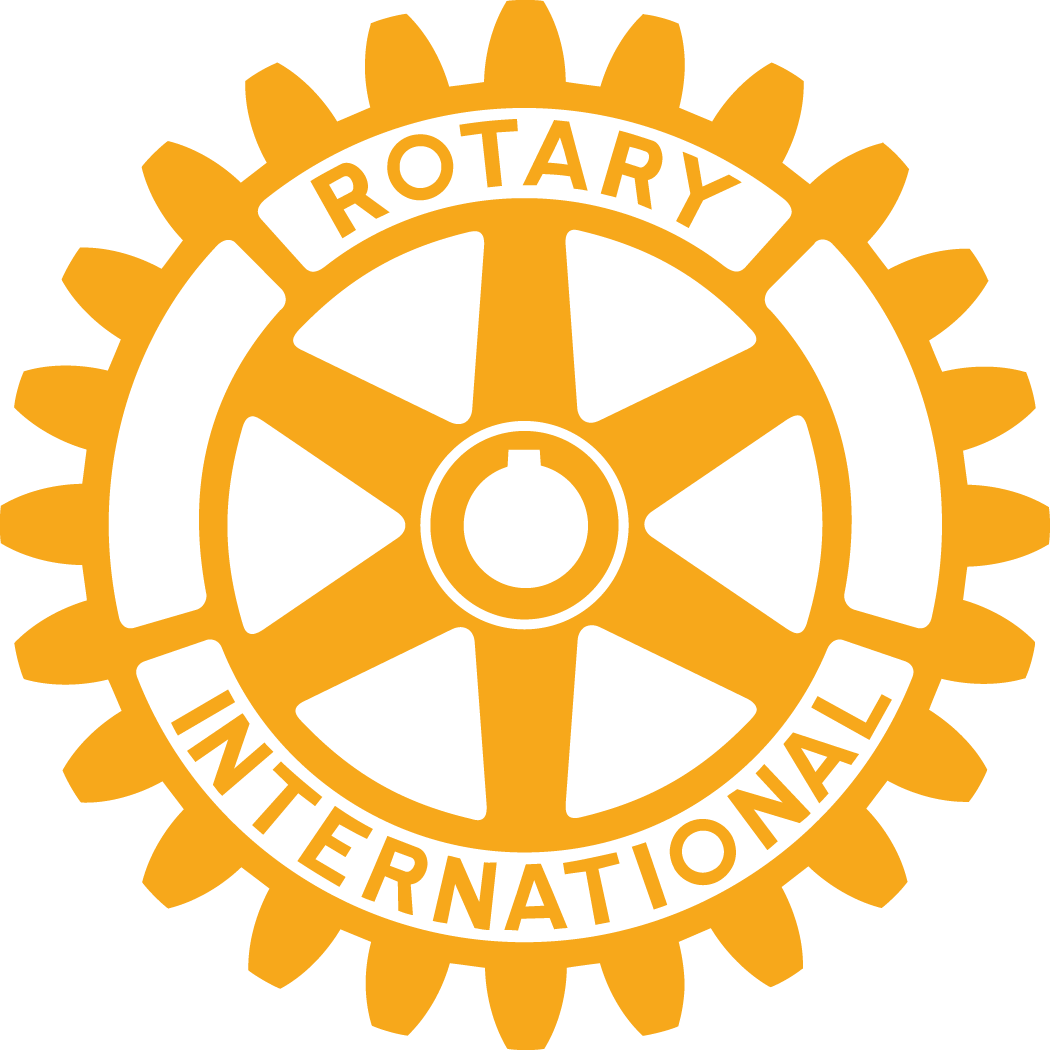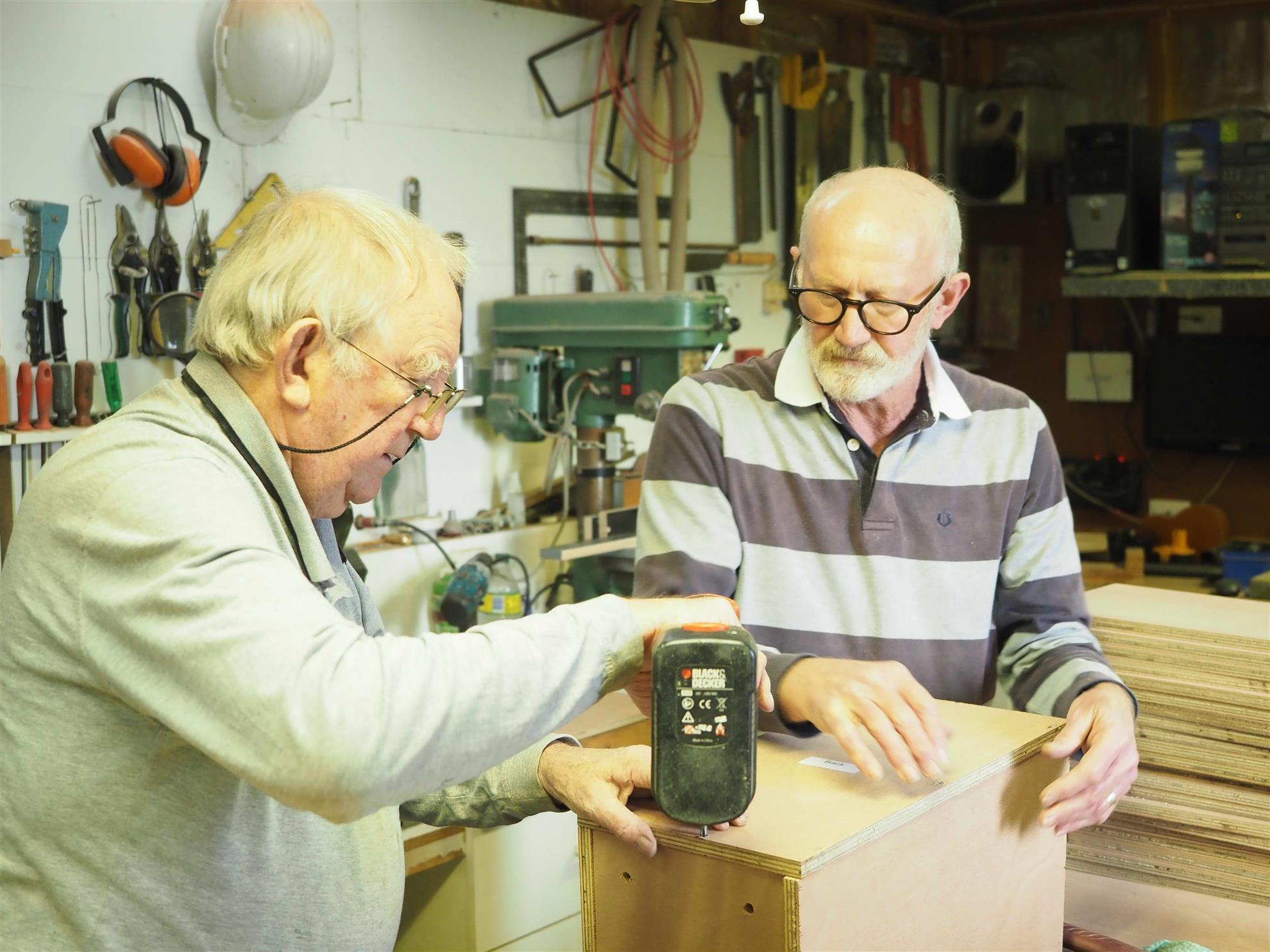 |
| Photo L to R: Cliff Cowell and John Short |
Rotarians and members of Men's Sheds from Parkes and Forbes have collaborated to make bird nest boxes for fire-affected bushland on the South Coast of NSW.
Seventy-five bird boxes were constructed.
Rotary Clubs of the Sapphire Coast will install the nest boxes to replace the natural hollows which were destroyed or damaged in the devastating bushfires of 2019-2020.
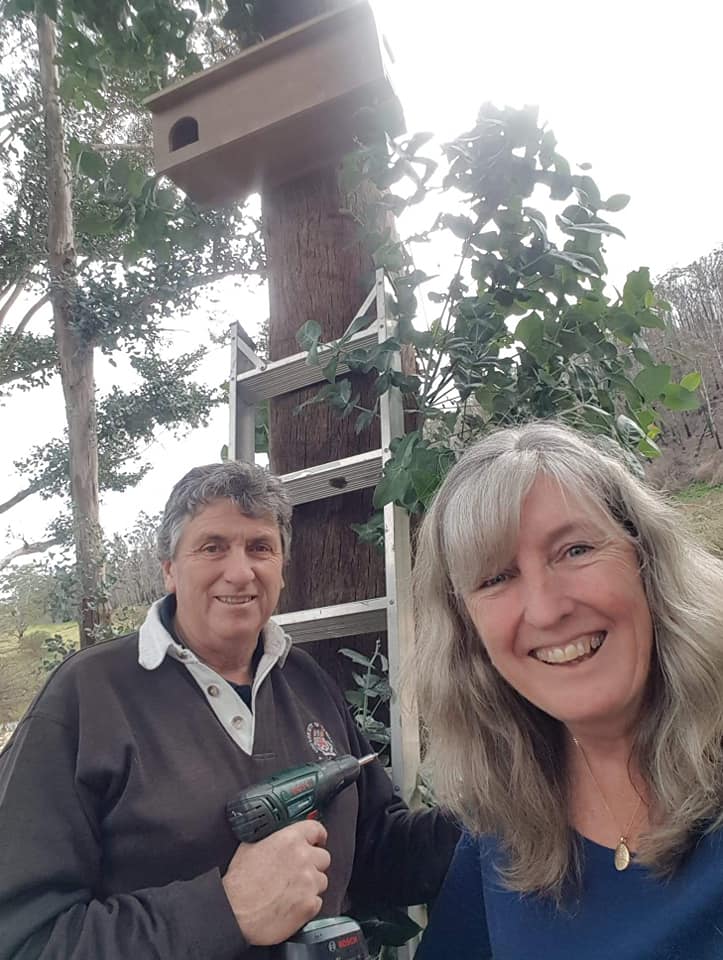 |
| Lynne and Rex Koebin on the job |
Peter Wiltshire, the ranger in charge of the Darebin Parklands located around 7km from the Melbourne CBD, says that tree hollows capable of supporting even small birds take around 100 years to develop in bushland. Hollows sufficient to accommodate larger bird species and possums take much longer to form. See this ABC Gardening Australia link for more information about the impact of nest boxes in Darebin Parklands: https://www.abc.net.au/gardening/factsheets/handmade-habitat/12155214
What happens when fires rage through bushland and destroy trees and hollows? Ecologist Wendy Hawes explains on a Landline program that intense fires destroy or despoil nesting hollows. Providing nest boxes is one way of replacing essential breeding habitat. See this ABC Landline link for an interview with Wendy Hawes: https://www.abc.net.au/landline/helping-hollows:-creating-homes-for-displaced/12752784
Hence members of Parkes Rotary and Parkes Men's Shed made 25 boxes for Crimson Rosellas and 25 boxes for Kingfishers, while Forbes Rotary and Forbes Men's Shed made 25 boxes for Kookaburras. The boxes were made of marine pine.
Parkes Rotarian Cliff Cowell organised the construction of the boxes.
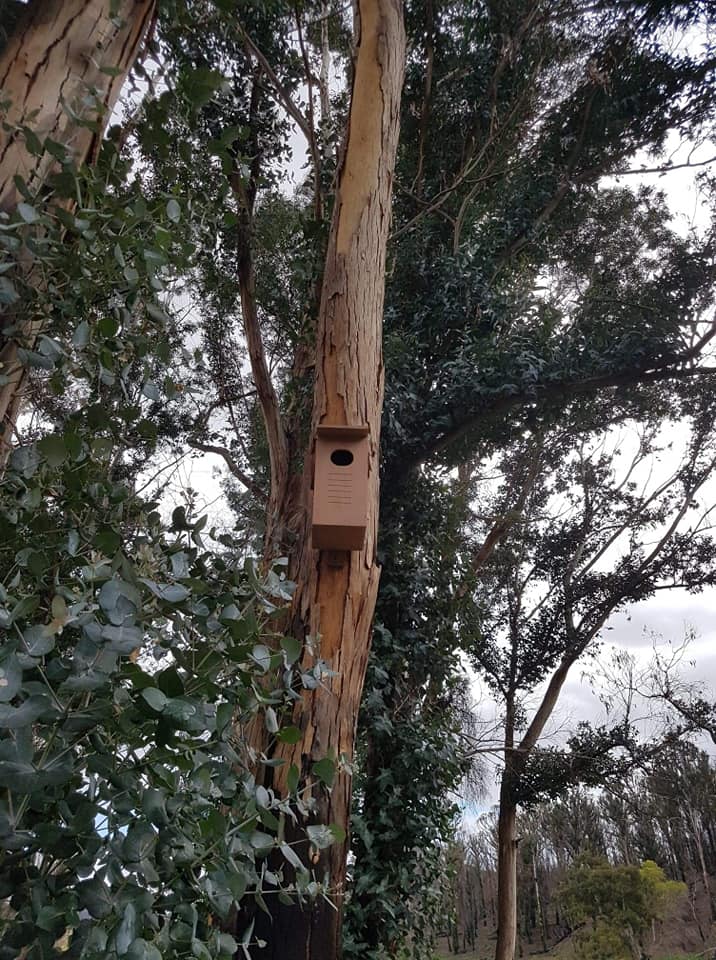 | 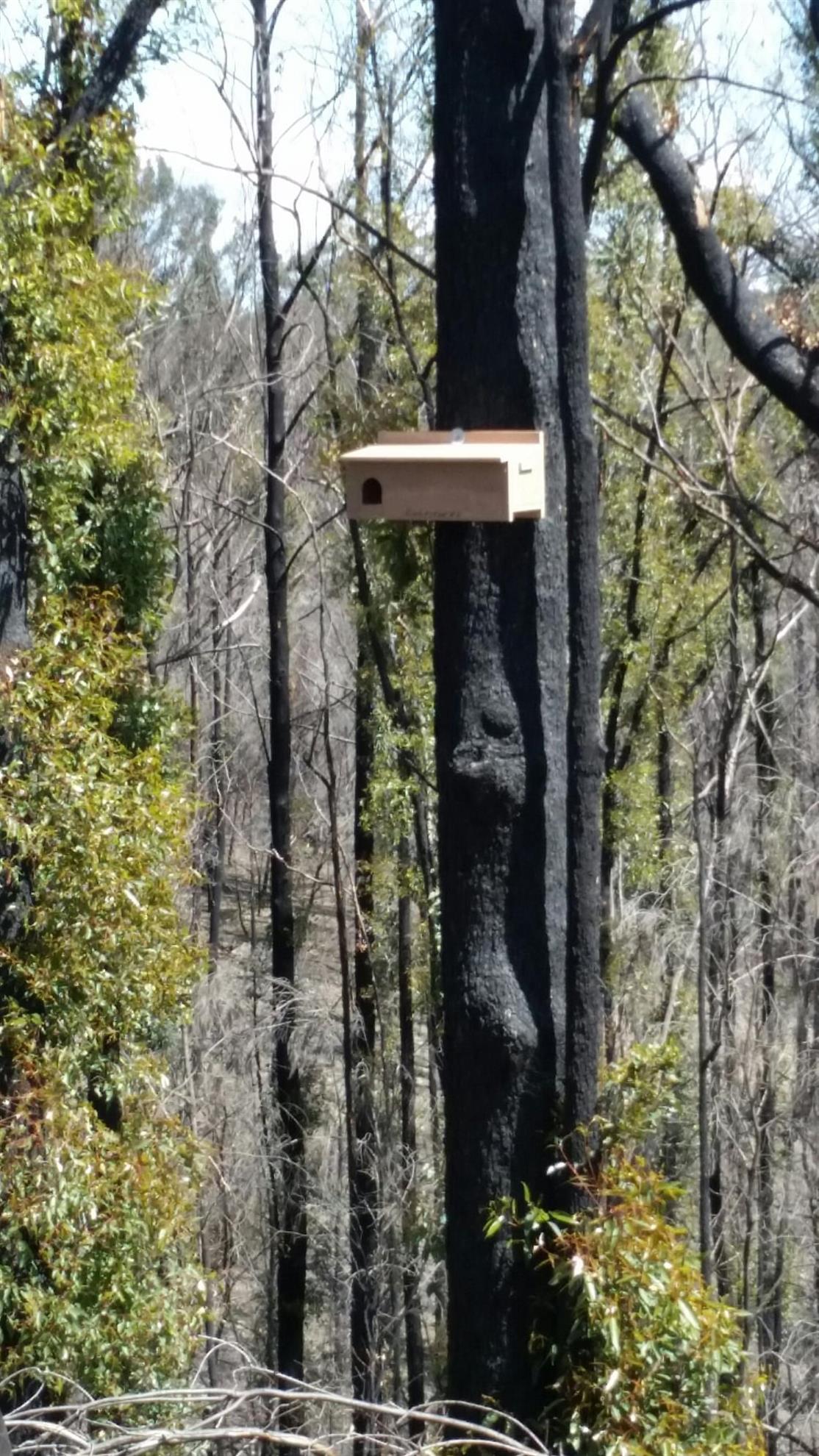 | 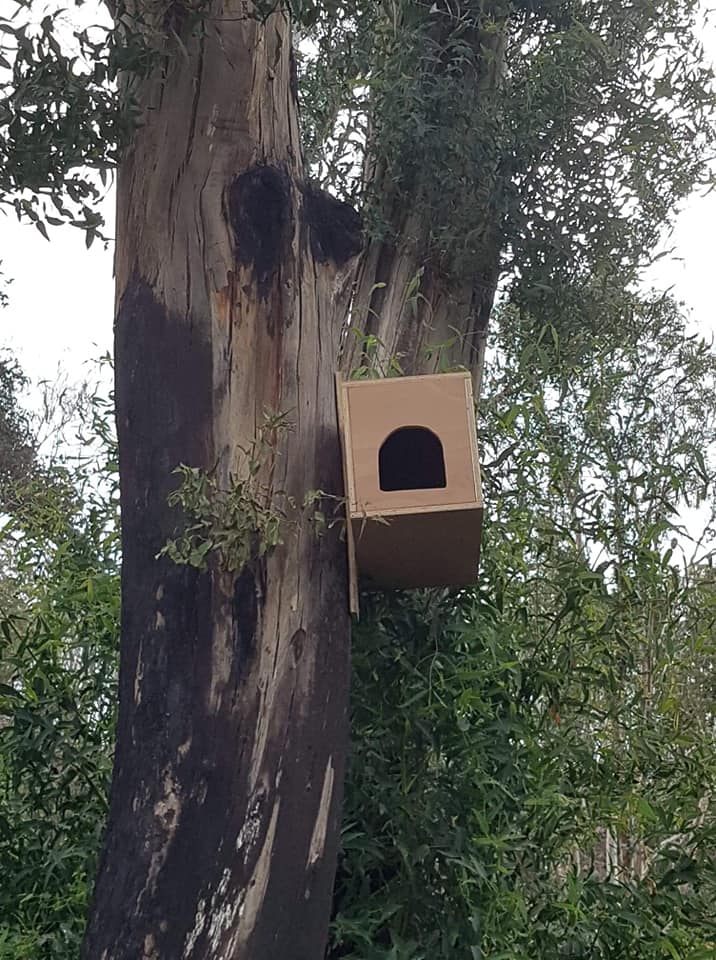 |
